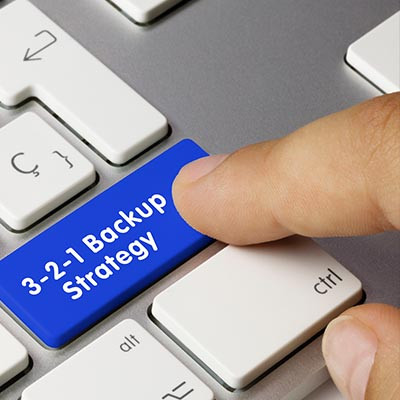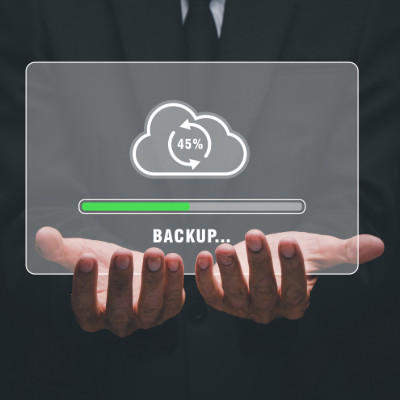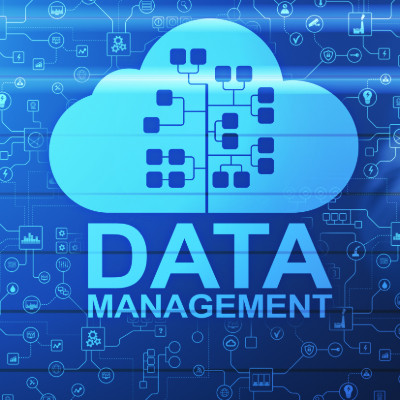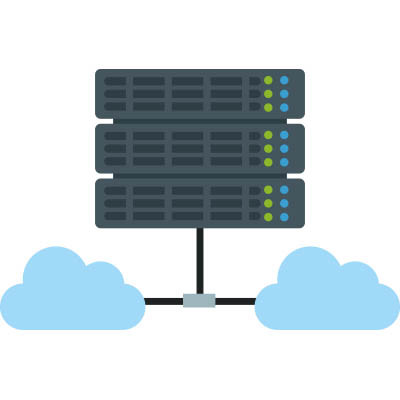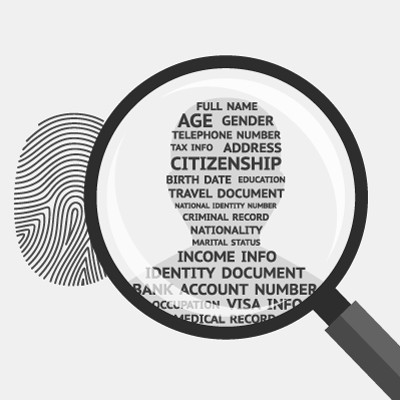While data might be the new currency, your own business’ data might be a bit too messy to make full use of. You might be paying to store it and protect it, but you’re not doing as much with your data as you’d like. Here’s how businesses find themselves with these “data graveyards” and why it essentially functions like a debt rather than an asset.
CIT Solutions Blog
Data loss is looming on the horizon, not just for you, but for all unprepared businesses. Are you confident in your ability to recover from a potential data loss incident? Like any IT challenge and risk, it helps to know what you’re up against, so today, we’re covering three of the most common data loss scenarios so you can be prepared for them well in advance.
When your business’ data is so crucial to your successful operations, there are certain precautions that you simply need to take for the sake of your business’ longevity. One such precaution: data backup.
Your data is the gas that powers your business’ engine, whether you’re referring to project files and intellectual property or financial info and customer records. As such, imagine what it would mean if your business ran out of gas… or, more accurately, it was siphoned out.
Small businesses today generate a lot of data. From customer details and sales records to inventory tracking and employee schedules, you need to be able to structure this data so that you can use it effectively. Keeping that data organized and accessible is important, but managing it effectively can often be a hassle. This is where smart database management comes in. When done right, it helps businesses run smoother and often save money.
Data storage can be difficult for SMBs to manage, but the cloud can make it significantly easier (and cheaper). There are real, tangible benefits of using the cloud for your data storage needs. Today, we’ll look at three major reasons why your organization should have cloud storage on its list of tech infrastructure priorities in the coming months.
It should come as no surprise that cybersecurity is a big challenge for businesses and individuals alike. The problem: life pretty much revolves around being online these days, so there’s no avoiding it. Therefore, it’s your responsibility to ensure that any data you collect from your customers, employees, and other key stakeholders in your business is well-protected, otherwise you will face severe consequences.
Every business’ worst nightmare is a data loss incident, and if you’re caught unawares, such an incident can set you back financially and operationally for months. Today, we want to cover some of the common data your business collects that you absolutely need to have backed up. If you don’t, you could become subject to serious fines due to regulations and other industry-specific mandates.
At the beginning of this year, a massive data breach struck a location data broker called Gravy Analytics and took possession of a dataset with 30 million points from devices worldwide. This data could potentially be used to track individuals and their movements, tellingly, through healthcare, government, and military facilities.
Unfortunately, nothing can be done about data that has already been breached, but preventative steps can and should be taken to protect your business. Let’s discuss how to prevent your applications from tracking your movements.
Since so much of the world is now online, businesses and organizations interact with people online now more than ever. This means they also collect people’s information, a practice they do for various reasons. Individuals need to consider their own data privacy and how it might be affected by business practices.
How seriously does your business take data privacy? Can you back up your answer with concrete examples of what you do to prioritize that notion? Today, we face a serious threat to both individual and consumer data privacy, so we want to take the time to cover how you can make data privacy a priority in your own life.
X The Everything App®, formerly Twitter, has been experiencing a massive user loss for the past few weeks, with everyone from celebrities to average people evacuating from the platform. If you wish to join them for any reason, we’re sharing the process for fully extricating yourself and your data from this specific social media network.
In recent years, there has been much debate about how companies collect, sell, and use personal data. Many businesses make extra money by selling data they collect about people. This might seem like a side effect of all the data we create online, but it can lead to some tricky problems. Today, we'll look at something called the "data-broker loophole," how it works, and what we can do about it.
In June of this year, publisher Chicken Soup for the Soul Entertainment, best known for its book series of the same name, filed for Chapter 7 and Chapter 11 bankruptcy and had many of its assets liquidated. One of these assets was the movie rental service Redbox and its eponymous scarlet rental kiosks, rendering the service defunct.
However, many kiosks remain standing outside businesses even now, which makes us wonder… what about all the data they collected while they were in use?
Modern wisdom states that if you’re not paying for a product, you’re the product.
For all the good the Internet is capable of doing, it is equally capable of being extremely harmful… especially when data is involved. Websites and social media platforms collect data from their users and track their movements across the Internet, sell it to advertisers, and more recently, use it to train AI.
Let’s go over what you can—and arguably should—do to limit these platforms' ability to do so.
File sharing is a big deal. When you try to send your friends a meme or share a video with them and it doesn’t send… that can be extremely frustrating. When it comes to business file sharing, miscommunication can cost quite a bit. Today, we will look at two concepts in small business file sharing and how they help a small business.



